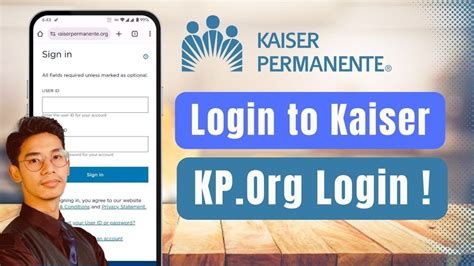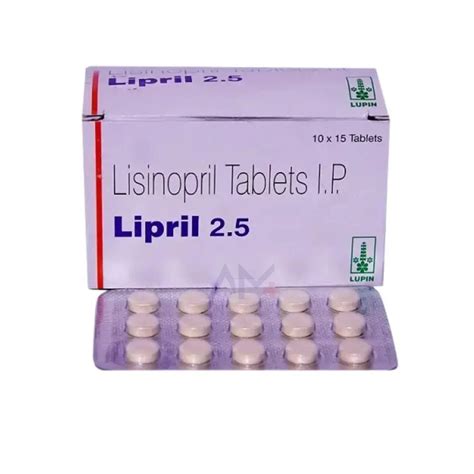When individuals or families face medical emergencies or need urgent healthcare advice, healthcare helplines can be a lifeline, providing immediate support and guidance. However, the efficiency and effectiveness of these services can significantly vary based on how they are utilized. Here are 12+ healthcare helpline tips designed to help users navigate these systems more effectively, ensuring they receive the faster support they need.
1. Stay Calm and Prepare Information
Before calling a healthcare helpline, it’s crucial to remain calm and gather all relevant information. This includes the patient’s medical history, current symptoms, medications being taken, and any allergies. Being prepared helps the helpline staff assess the situation more accurately and provide timely advice.
2. Clearly State Your Emergency
At the beginning of the call, clearly state the nature of your emergency or concern. This helps the helpline operator to quickly assess the situation and decide on the best course of action, whether it’s providing immediate advice, directing you to emergency services, or scheduling a callback from a healthcare professional.
3. Use Simple and Direct Language
When explaining your situation, use simple and straightforward language. Avoid using jargon or trying to diagnose the condition yourself. The goal is to provide a clear picture of what’s happening so the helpline can offer the most appropriate guidance.
4. Follow Instructions Carefully
If the helpline provides instructions, such as administering first aid or taking medication, follow them carefully. These guidelines are designed to stabilize the situation until professional medical help can be obtained.
5. Ask Questions If Unclear
Don’t hesitate to ask questions if you’re unsure about any advice given. It’s better to clarify instructions than to risk misunderstanding and potentially worsening the situation.
6. Keep the Line Free for Others
If your situation is not immediately life-threatening, consider the urgency of others who may be calling. Keep your call concise, and if advised to seek further medical attention, do so promptly to free up the line for emergencies.
7. Utilize Online Services When Possible
Many healthcare helplines offer online chat services or mobile apps for non-emergency queries. Using these can be an efficient way to get advice without tying up phone lines needed for more critical situations.
8. Feedback for Improvement
After using a healthcare helpline, consider providing feedback if the opportunity arises. This can help improve the service, making it more effective for future users.
9. Understand Limitations
Recognize the limitations of healthcare helplines. They are designed for advice and guidance, not for replacing professional medical care. If you’re advised to seek medical attention, don’t delay.
10. Save Helpline Numbers
Keep important helpline numbers saved in your phone or written down in an accessible place. This can save critical minutes in an emergency.
11. Regularly Update Your Knowledge
Stay informed about common medical emergencies and how to handle them. Knowledgeable callers can provide better information to helpline staff, potentially leading to faster and more accurate assistance.
12. Respect the Service
Remember that healthcare helplines are staffed by trained professionals who are there to help. Being respectful and considerate can go a long way in ensuring you receive the support you need.
Additional Tips for Specific Situations
- For Mental Health: If calling about mental health concerns, be prepared to discuss your feelings and any recent changes in your mental state. Honesty is key to receiving the right support.
- For Chronic Conditions: If you have a chronic condition and are calling about related concerns, have your medical history and current treatment regimen ready to share.
- For Pediatric Emergencies: When calling about a child’s health, try to remain as calm as possible and have your child’s medical history, including vaccination records and any allergies, readily available.
By following these tips, individuals can maximize the effectiveness of healthcare helplines, ensuring they receive faster and more appropriate support during times of need.
What is the primary purpose of a healthcare helpline?
+The primary purpose of a healthcare helpline is to provide immediate advice and support for medical concerns, helping individuals decide on the best course of action, whether it's self-care, visiting a healthcare provider, or seeking emergency services.
How can I ensure I'm using healthcare helplines effectively?
+To ensure effective use, prepare relevant information before calling, clearly state your concern, follow instructions carefully, and don't hesitate to ask questions if unsure about any advice provided.
Are healthcare helplines a replacement for professional medical care?
+No, healthcare helplines are not a replacement for professional medical care. They offer guidance and support, but if advised to seek medical attention, it's crucial to do so without delay.
By embracing these strategies and understanding the role and limitations of healthcare helplines, users can navigate the healthcare system more efficiently, ensuring they receive the timely support they need in moments of crisis.

